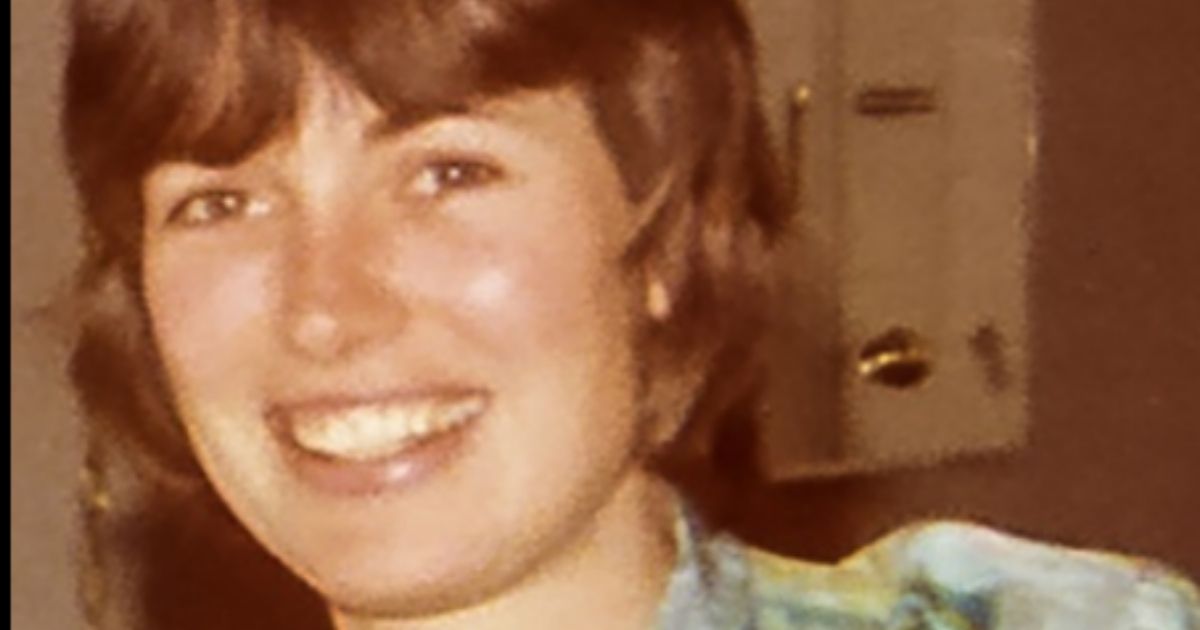Many cold cases have been seeing the light lately as agencies work through the backlog of cases with newer, effective tools such as DNA testing.
“In some cold cases, the passage of years and decades makes solving cases more difficult, but where DNA evidence exists, the evolution of science and technology has made it possible to identify perpetrators, seek justice for victims and provide answers to victims’ loved ones,” Dr. Greggory LaBerge, director of the Denver Police Forensics and Evidence Division, said, according to Fox News.
One such mystery that has had a big breakthrough involves the slayings of four women in the Denver area starting in the late 1970s. The women were Madeleine Furey-Livaudais, Delores Barajas, Gwendolyn Harris and Antoinette Parks.
In December 1978, Furey-Livaudais, a 33-year-old mother of two, was confronted by a stranger at her front door who stabbed and killed her, Fox said, citing a press release.
“Madeleine grew up in central Florida, one of five sisters, and was an avid swimmer, continuing to swim throughout her life,” her family said in a statement recently. “She attended high school in Florida and graduated from Tulane University. Prior to getting married, she led an adventurous life, traveling to Africa and Europe as part of her work as an editor on the beloved children’s magazine, Ranger Rick.
[firefly_embed]
[/firefly_embed]
“Her greatest joys in life came after the birth of her two daughters, whom she cherished beyond anything. She was a loving wife and mother of two at the time of her death.”
In August 1980, Barajas, 53, who was a wife, mother and grandmother, was walking to her last day of work when she was attacked and stabbed to death.
In December 1980, Harris, a 27-year-old mother, was at a lounge in downtown Denver. She later was found stabbed to death.
[firefly_embed]
[/firefly_embed]
“Because of the decision of another to take life with no regard, the 1980 murder of Gwendolyn Harris was devastating and unimaginable to the family,” her family said in a statement, according to Fox. “Gwen will forever be in our hearts and always our JOY.”
In January 1981, Parks, 17, who was several months’ pregnant at the time, also was found stabbed to death.
But the suspect was stopped in June 1981 after allegedly attacking a police officer who had tried to handcuff him in relation to a traffic violation.
[firefly_embed]
[/firefly_embed]
Aurora Police Officer Debra Sue Corr had approached Joe Michael Ervin while on patrol with Aurora Police Explorer Scout Glen Spies. When Corr tried to handcuff Ervin, he grabbed her gun and shot her, killing her, authorities said.
Spies, who’d seen what had happened and tried to intervene, also was shot. Ervin initially got away but later was arrested at his home.
In July 1981, when he was in custody, he committed suicide. He was buried in a cemetery in Texas.
Between 2013 and 2018, the four murders were found to be linked by the same DNA evidence, authorities said. More recently, the crime lab was able to identify close family members and then exhume Ervin’s remains for “a direct DNA comparison to the crime scene evidence,” according to Fox News.
[firefly_embed]
[/firefly_embed]
On Friday, the Denver Police Department announced its discovery and named Ervin as a murder suspect in the four cold cases.
In addition to those four cases, Ervin had been arrested several times as a suspect in rape and murder cases, according to KTVT-TV.
Before living in Colorado, he’d lived in Texas, which he had fled at the age of 17 after being indicted in late 1969 for the murder of 21-year-old Rodney Gene Bonham.
At that point, the National Crime Information Computer system had been given an incorrect birthdate for Ervin, and Ervin changed his name to Erwing, allowing him to run to Colorado and continue his alleged crimes without authorities connecting him to the case in Texas.
While Ervin has been dead for over 40 years, the families of the victims finally are close to closure.
“When the lives of our community members are tragically taken, we are committed to doing everything possible to identify and arrest the person responsible,” Denver Police Chief Paul Pazen said Friday, according to Fox News.
“While we recognize that identifying the suspect will not bring these ladies back, we hope it provides closure and healing for their loved ones and the Denver community.”
This article appeared originally on The Western Journal.

























 Continue with Google
Continue with Google